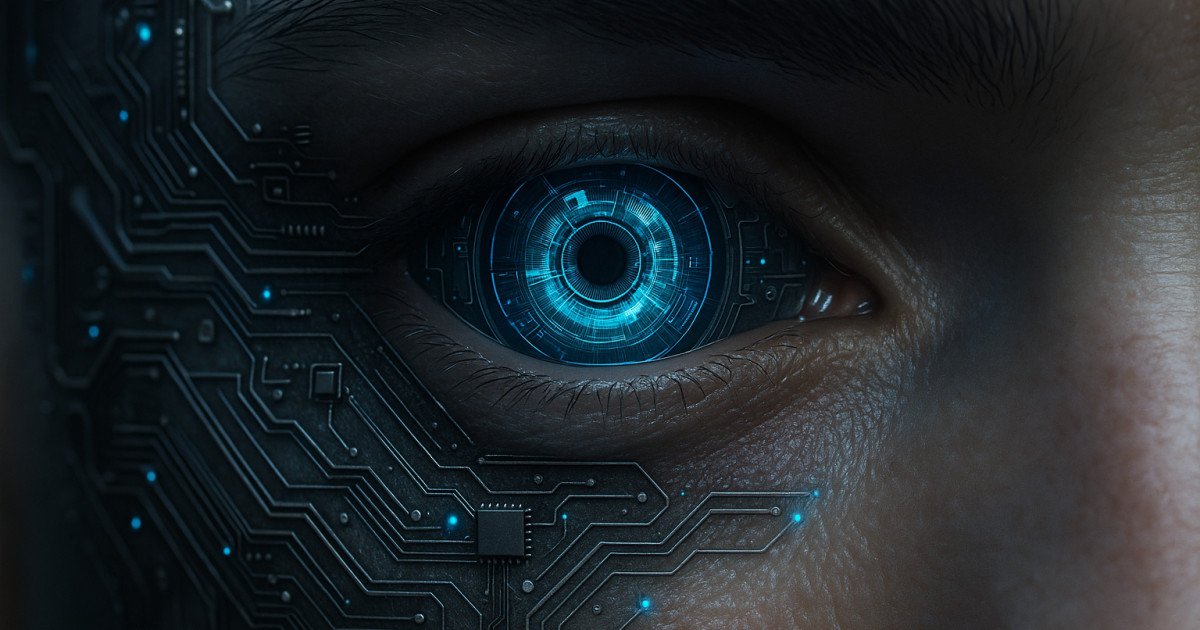How Artificial Intelligence Alters Perception
As more individuals turn to Artificial Intelligence (AI) applications for information and emotional guidance, a critical question emerges: Can these digital interlocutors influence our beliefs? Recent research confirms that a biased AI can indeed shift human opinions and decisions with surprising ease, raising concerns about the neutrality and impact of these widely used tools.
Can Chatbots Be Biased?
Modern AI chatbots simulate human conversations through text or voice, assisting users with complex questions, information retrieval, and task automation. These sophisticated linguistic models are trained on immense datasets sourced from the internet. Since these foundational data sources often contain inherent human biases, AI programs frequently reproduce—and sometimes amplify—this partiality in their responses.
New Study on the Impact of AI Biases
Researchers from the Universities of Washington and Stanford conducted a study to analyze how chatbot biases affect human thinking and decision-making after interactions. The study was designed to specifically examine the impact of conversations with biased AI programs on political opinions and subsequent choices.
Study Design
The study recruited 299 American participants, identifying as either Democrats or Republicans. The AI program was developed in three versions: a neutral base model, a liberal-biased version, and a conservative-biased version. Participants were randomly assigned to interact with one of these three versions, unaware of any potential chatbot bias.
The study involved two primary tasks:
- Political Opinion Task: Participants initially shared their views on a relatively unfamiliar political topic, chosen to ensure they likely held no strong prior convictions. They then conversed with the assigned AI program, receiving more information on the topic, before re-sharing their updated opinion.
- Budget Allocation Task: Participants were asked to act as mayors, allocating budgets across public health, education, veteran services, and welfare. After an initial allocation, they shared their proposals with the chatbot and engaged in a debate. Following this interaction, participants made a final budget allocation.
Scientists’ Findings
The results were clear and concerning: participants quickly began to change both their opinions and decisions after just a few interactions with the chatbots. In all instances, modifications consistently leaned towards the direction of the bias present in the AI they had interacted with.
Shifts in Political Opinion
Participants who conversed with a biased chatbot in the first task were more likely to align with the opinions presented by the AI model compared to those who interacted with the neutral chatbot. Essentially, a chatbot with a bias opposing a participant’s ideals led to weaker support for a topic, while a chatbot with a similar ideological bias led to stronger support.
Changes in Budget Allocation Decisions
The impact on decision-making was even more pronounced in the second task. Following interactions with biased chatbots, participants significantly modified their initial budget proposals to align more closely with the inclinations demonstrated by the chatbot’s inherent bias.
Implications of These Findings
While the study’s authors acknowledge limitations, such as its focus on the U.S. political landscape, the implications of these findings are substantial. If a few controlled interactions can significantly alter personal opinions and decisions, it is crucial to consider the widespread impact of such tools in broader contexts.
The authors warn that these effects could be amplified in mass-scale AI systems. The prospect of AI influencing even a small portion of the global population, however subtly, demands serious attention. It is imperative to cultivate societal awareness and education to protect against the potential risks stemming from biased AI interactions.

